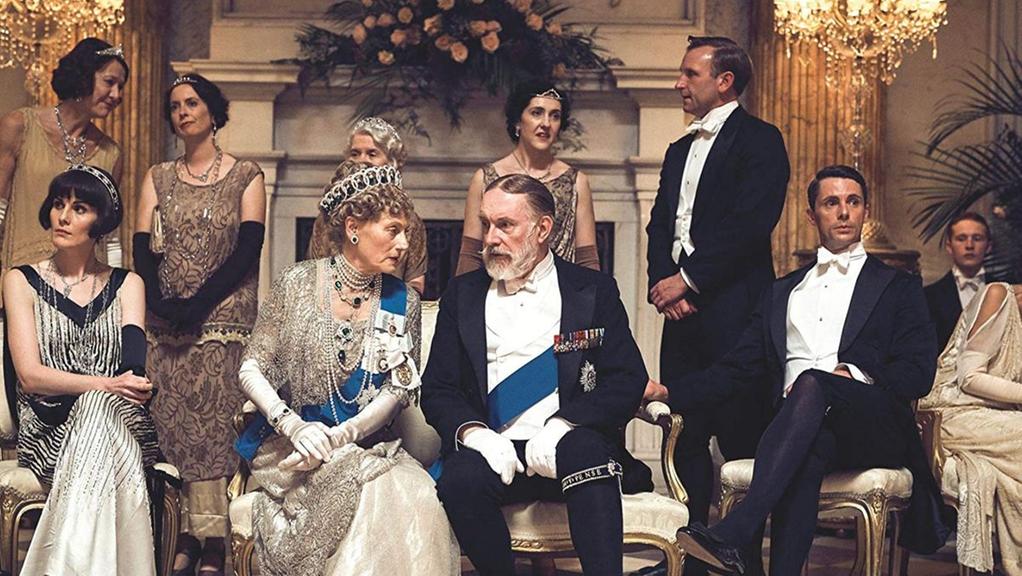 In March, I featured noisome as our word; like today’s lexical item, it appears repeatedly in Peter Ackroyd’s mammoth work, London: The Biography. I’m almost finished with its nearly 800 pages of text. I have not been vouchsafed so many uses of “vouchsafe” since I took a class in Colonial Literature, in graduate school.
In March, I featured noisome as our word; like today’s lexical item, it appears repeatedly in Peter Ackroyd’s mammoth work, London: The Biography. I’m almost finished with its nearly 800 pages of text. I have not been vouchsafed so many uses of “vouchsafe” since I took a class in Colonial Literature, in graduate school.
Sounds old, doesn’t it? Even on Downton Abbey, I’ve not heard it. Perhaps Dame Maggie Smith’s character would have heard it…as a child.
The etymology is common-sensical: we still “vouch” for someone. To “vouch safe” would be, more or less, to safely trust something with another.
To be honest, I was lazy about the word, which is a shame. I assumed it meant to entrust something to another person, but as a casual search in the OED reveals, that trust can come with a measure of disdain. The first definition given includes the sense of granting or bestowing; the second includes doing so with a whiff of condescension, as in this 1660 usage from the OED:
“His Lordship may be pleased..to voutchafe a meetinge..to Sir Walter Dungan.”
Oh lucky Sir Walter, to bask in the glow of His Lordship! At times like that, I’m less fond of Downton Abbey than I am of Thomas Paine and Patrick Henry.
The spelling has changed since the days of Sir Walter, but the verb can be used in a transitive sense, as in the earlier example or one the OED provides from a decade later, “to vouchsafe an eye of fond desire,” quoting poet John Milton from 1671. The one intransitive use of the term is now long obsolete.
I would vouchsafe you our DVDs of Downton Abbey, especially after the third season, when things got increasingly formulaic for me. That said, I don’t want you to think me a condescending snob trying to make you learn new words from the Crawley family.
Send your words and metaphors our way all summer, by e-mailing me (jessid -at- richmond -dot- edu) or leaving a comment below.
See all of our Metaphors of the Month here and Words of the Week here.
Image of Downton Abbey blatantly stolen, as part of an anti-monarchist direct action.
The word evokes my Episcopal upbringing in the last years of the 1928 Book of Common Prayer, which retained a lot of Sixteenth Century flavor. The liturgy contained, I believe, more than on instance of “vouchsafe.” The one that raced into my mind was from the post-communion prayer of thanksgiving:
“…we most heartily thank thee, for that thou dost vouchsafe to feed us who have duly received these holy mysteries…”